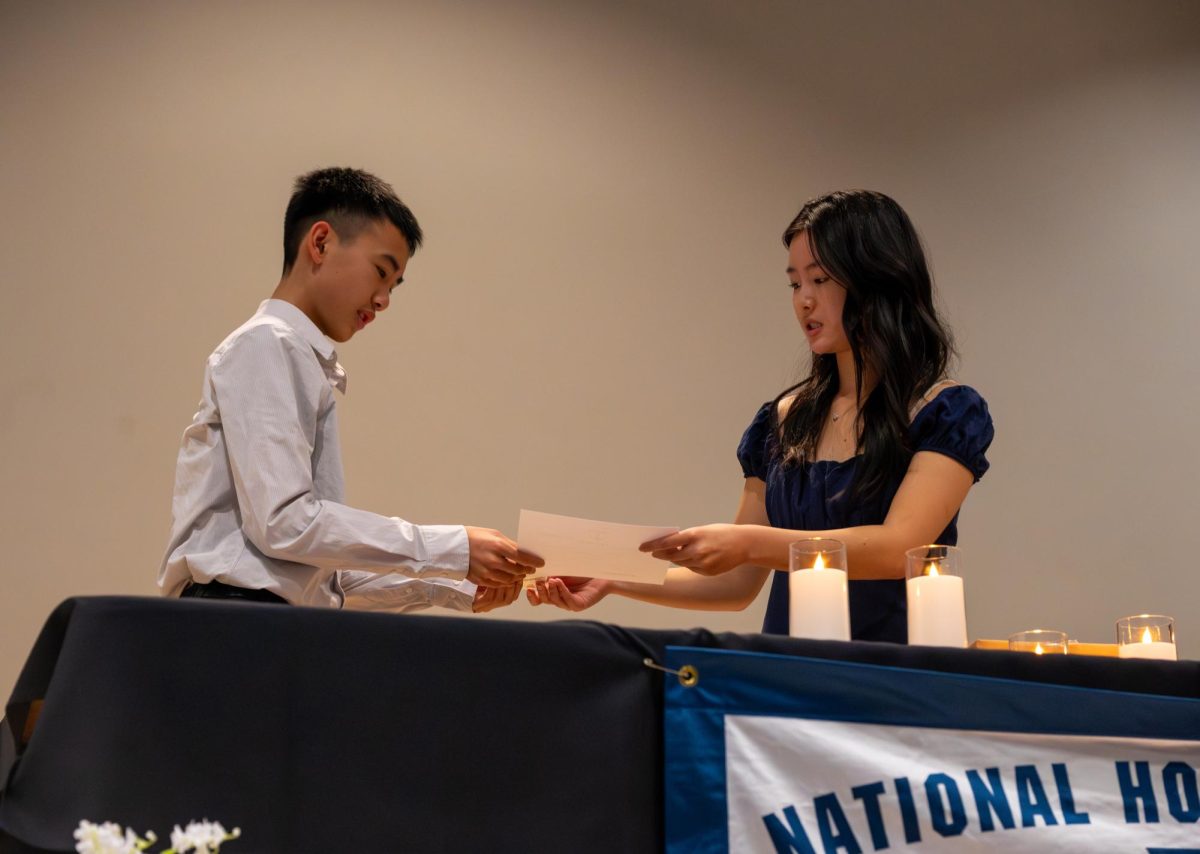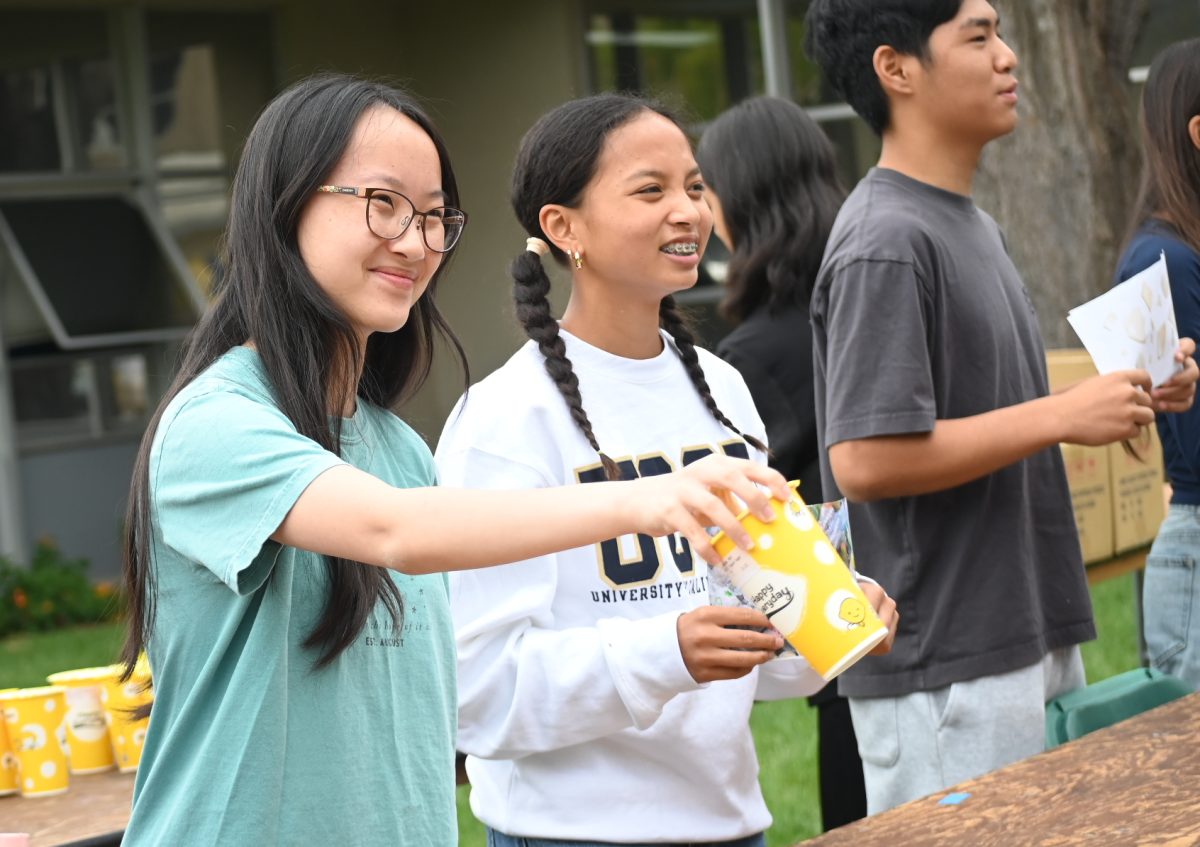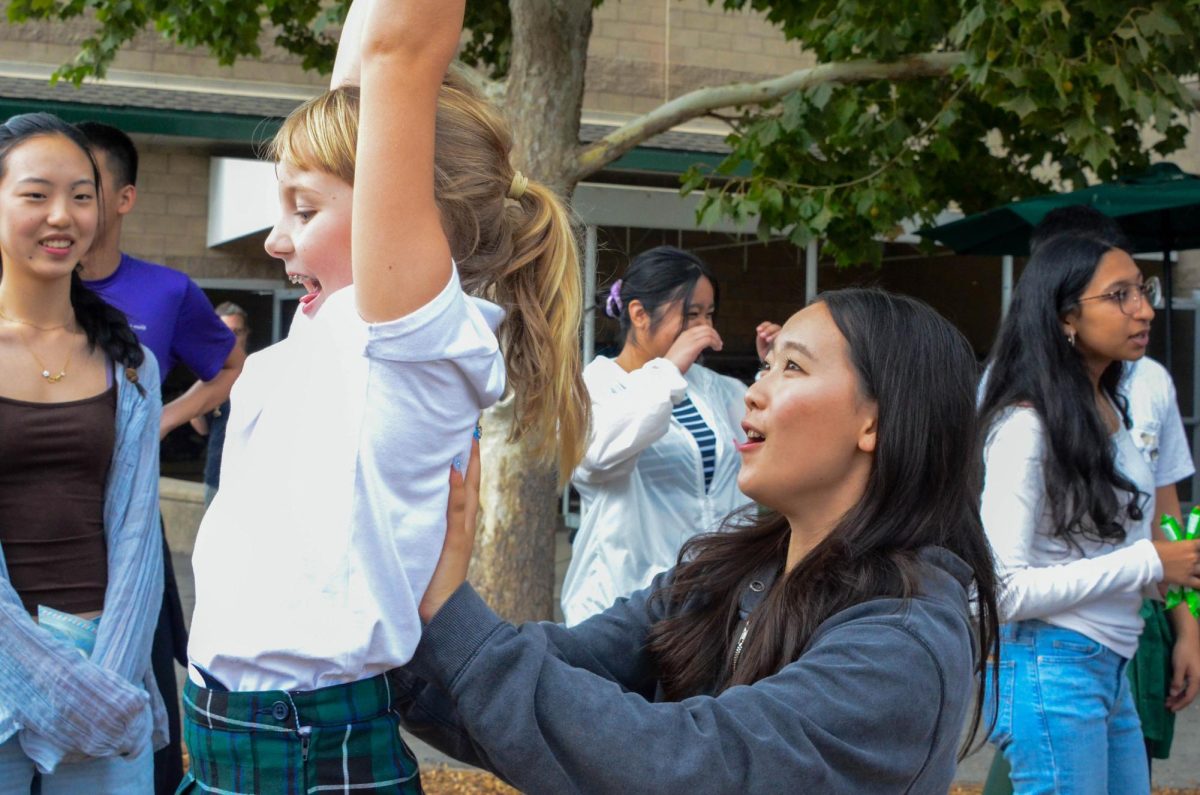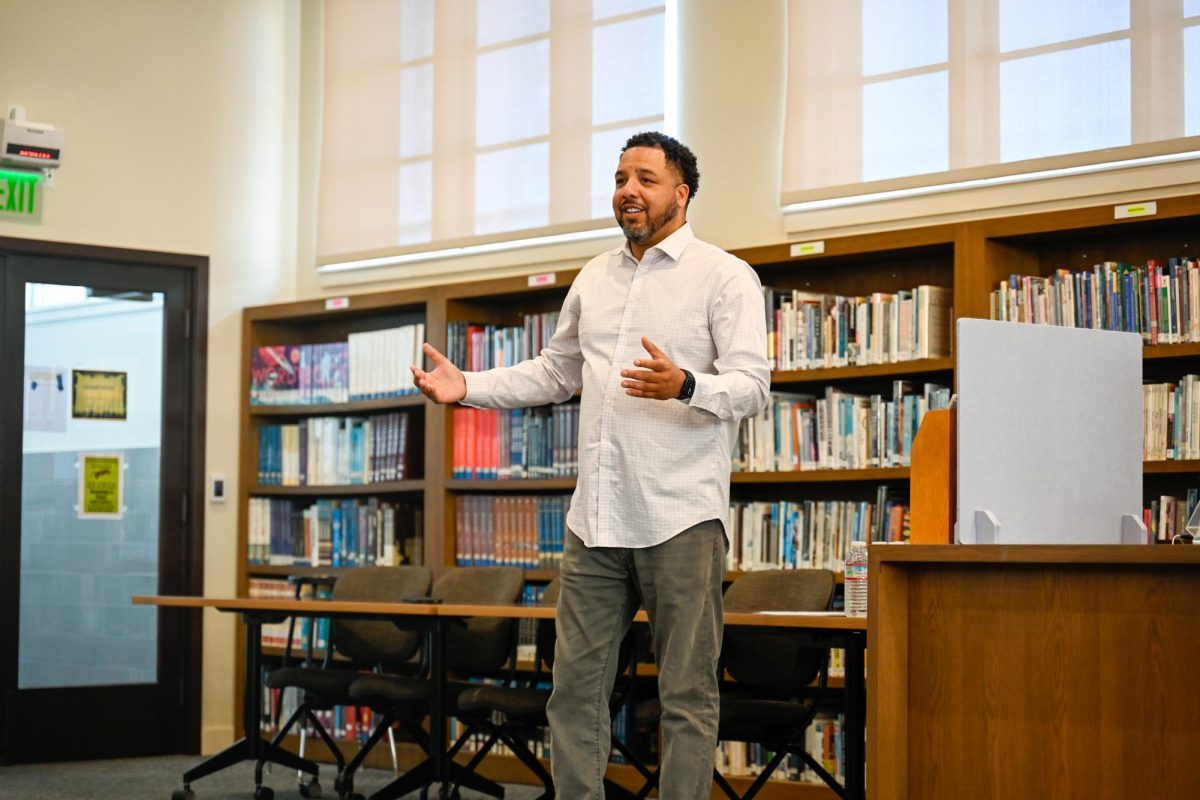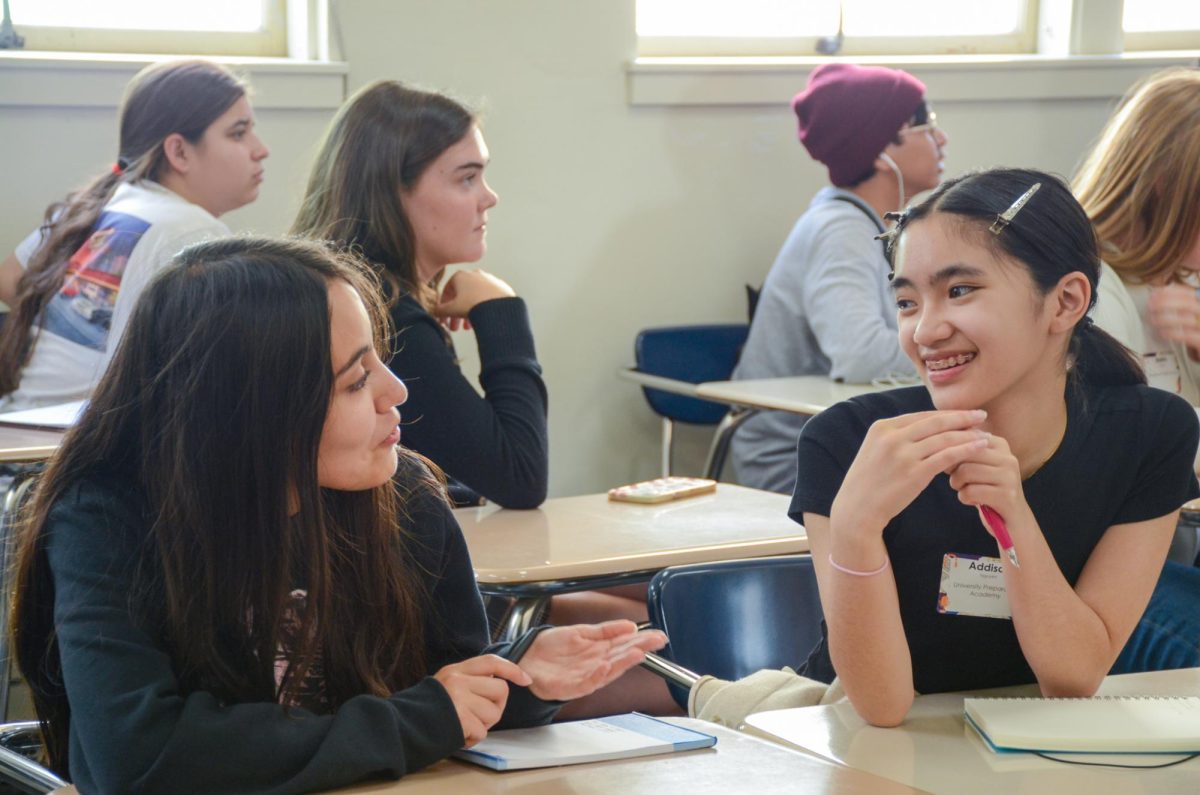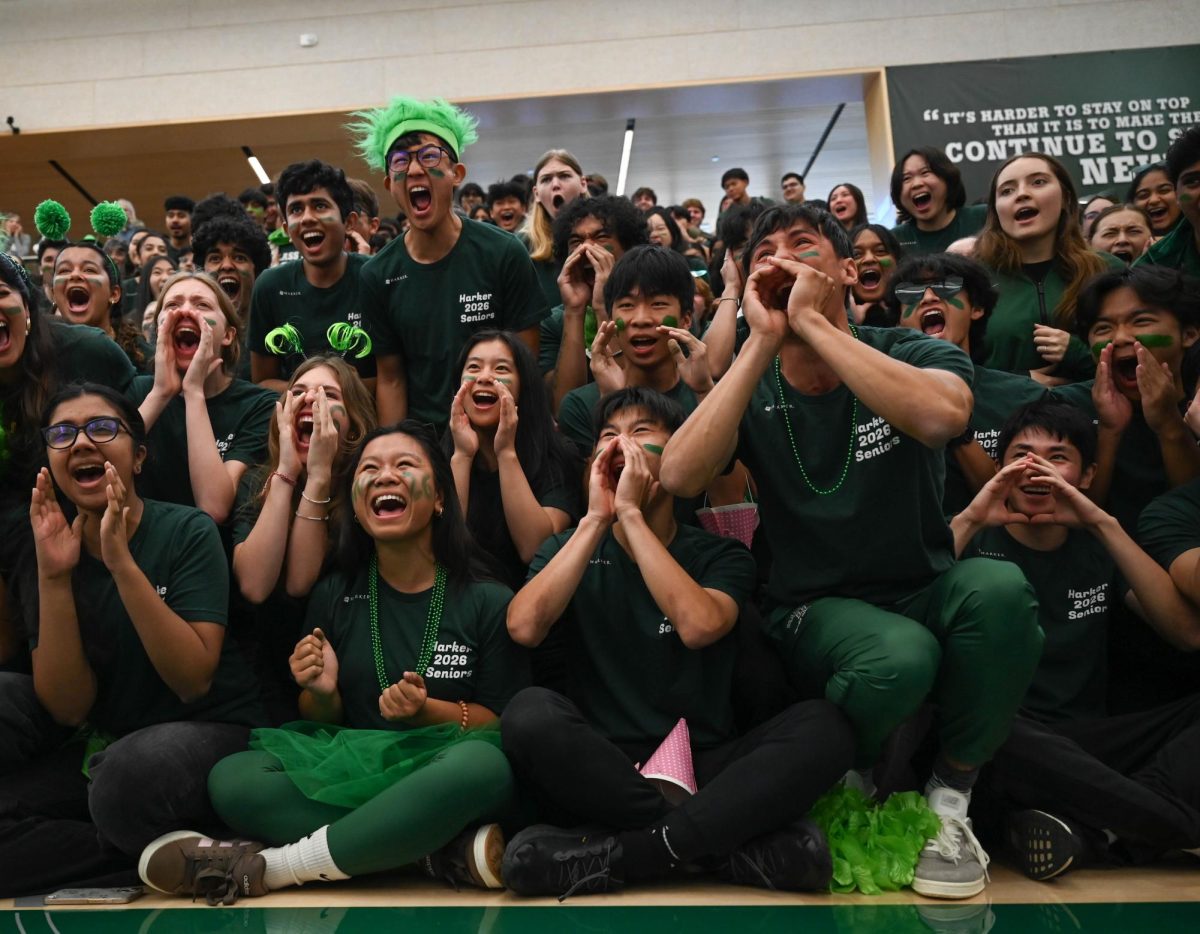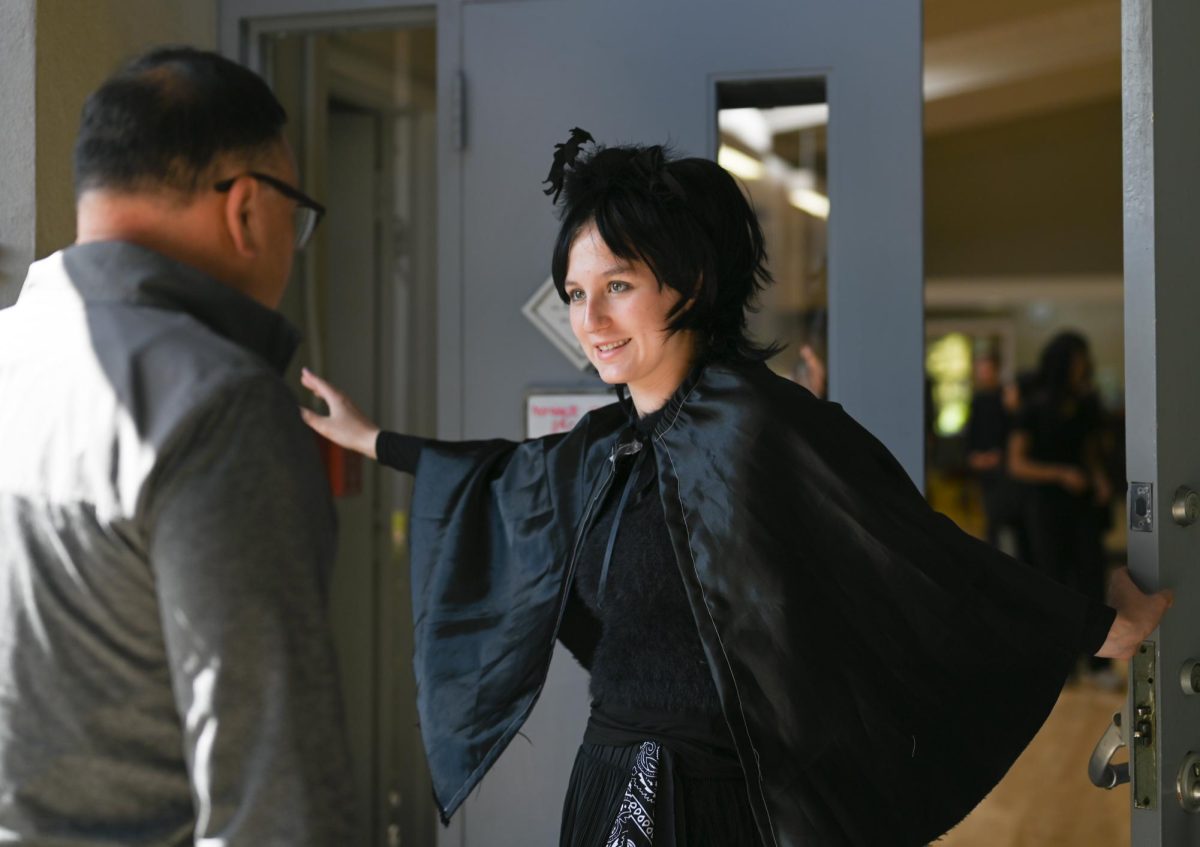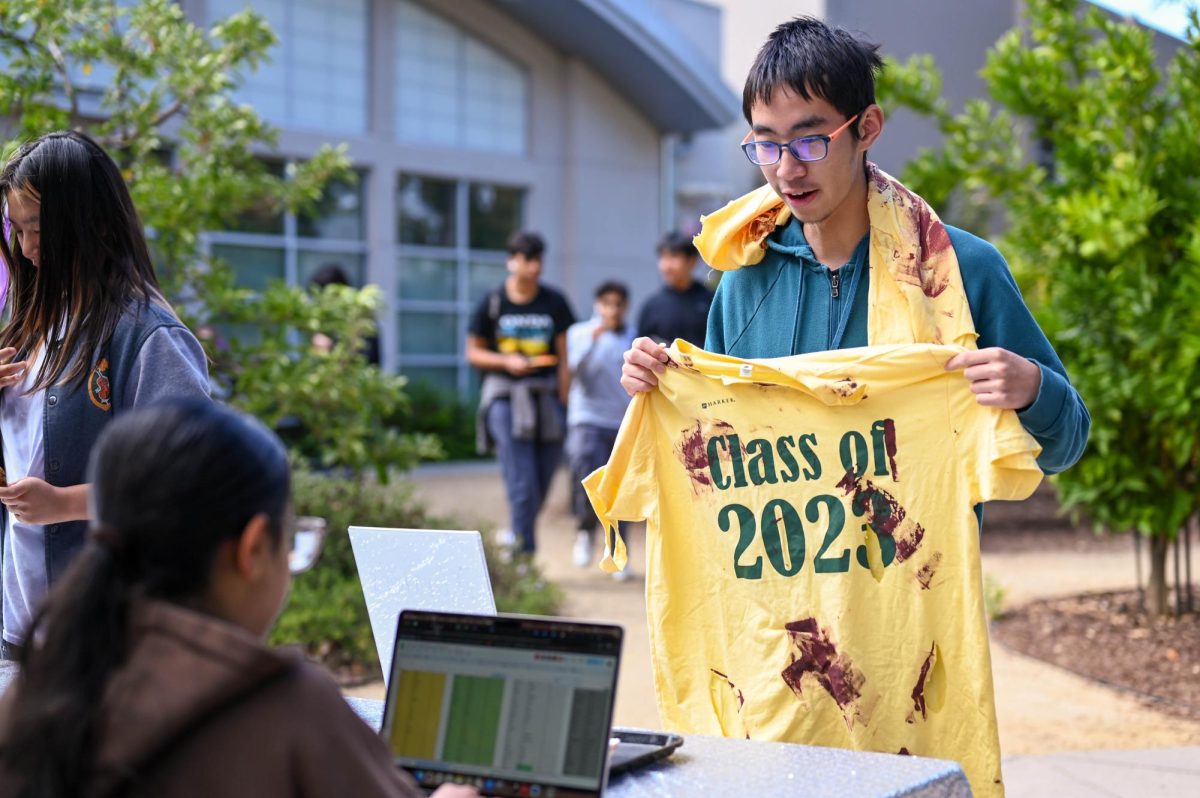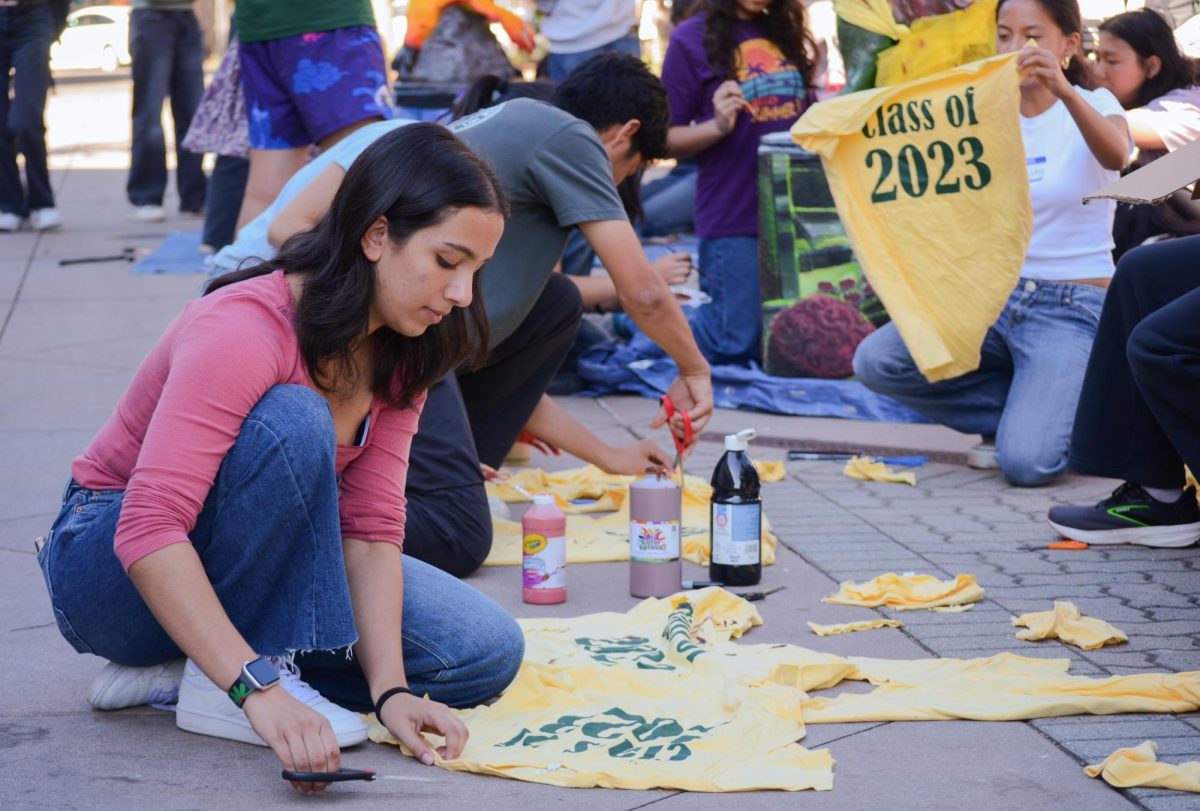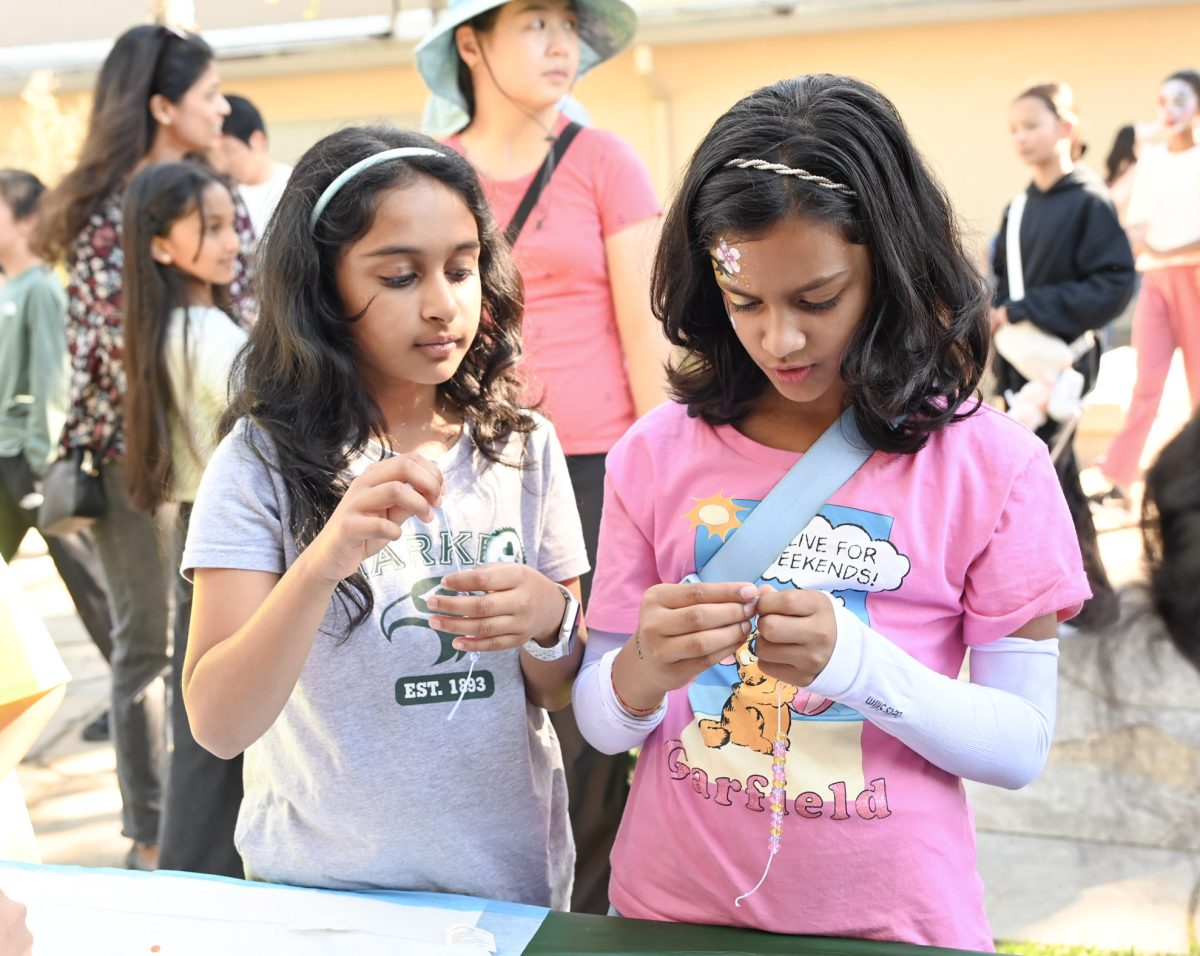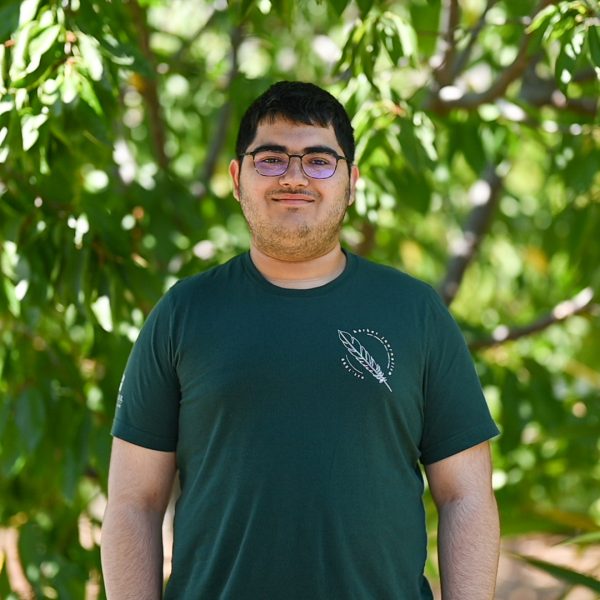The Language and Linguistics Club (LALC) discussed “How to pronounce words we don’t speak in English” in French teacher Galina Tchourilova’s room on Tuesday.
Club members focused on the origin and proper pronunciation of words from languages like Italian, French, Spanish, German and Semitic languages, using examples like “bruschetta,” “croissant” and “tapas”. The meeting also explored the International Phonetic Alphabet (IPA), a system which assigns every possible speech sound to a symbol, thus allowing for the more accurate reproduction of unfamiliar sounds. Junior Claire Tian (11) , who participated in the club meeting and has been attending meetings for two Claire Tyears, notes the interactive nature of the meeting.
“This time, they changed some of the way they present information to be more fun and focus on concrete examples rather than maybe overwhelming club members with technicalities,” Claire said. “We spelled our names with the IPA, and we got to use the website that plays back sounds from the IPA to help understand, since a lot of the terminology is not intuitive for someone who doesn’t know linguistics.”
Attendees practiced articulating consonants and vowels, discussed voicing and palatalization and examined how tonal differences and dialects affect comprehension in languages such as Chinese and Arabic. Officers also noted in their presentation that early language exposure and regional accents influence pronunciation.
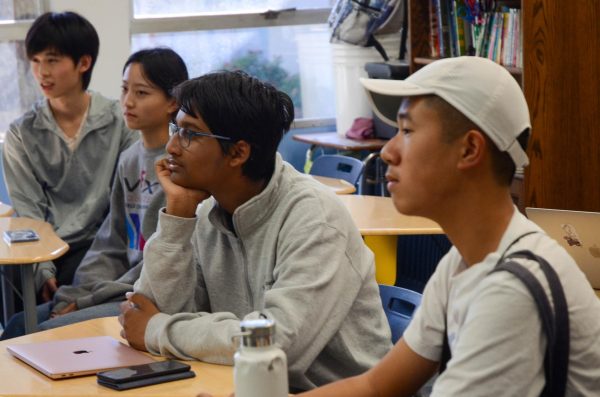
“When [we] were babies, we grew up around the language that [we] were exposed to,” LALC presenter Evan Yuan (11) said. “For example, if you’re only exposed to English and you grow up, being immersed in English which doesn’t have the same sounds as a different language, it’s harder to reproduce those sounds.”
Members tried out different pronunciations and shared examples from everyday encounters with foreign words.
Vice President of External Affairs Raeanne Li (11), who co-led the presentation with Evan, noted the change in the club’s goals this year.
“Usually, we have a phonetics presentation, but we decided to have more fun topics this year instead of just talking about the same things every year so our older members can also [enjoy],” Reanne said. “[We use] the same chart [as phonetics which] maps every possible sound in language to a symbol.”


















![“[Building nerf blasters] became this outlet of creativity for me that hasn't been matched by anything else. The process [of] making a build complete to your desire is such a painstakingly difficult process, but I've had to learn from [the skills needed from] soldering to proper painting. There's so many different options for everything, if you think about it, it exists. The best part is [that] if it doesn't exist, you can build it yourself," Ishaan Parate said.](https://harkeraquila.com/wp-content/uploads/2022/08/DSC_8149-900x604.jpg)




![“When I came into high school, I was ready to be a follower. But DECA was a game changer for me. It helped me overcome my fear of public speaking, and it's played such a major role in who I've become today. To be able to successfully lead a chapter of 150 students, an officer team and be one of the upperclassmen I once really admired is something I'm [really] proud of,” Anvitha Tummala ('21) said.](https://harkeraquila.com/wp-content/uploads/2021/07/Screen-Shot-2021-07-25-at-9.50.05-AM-900x594.png)







![“I think getting up in the morning and having a sense of purpose [is exciting]. I think without a certain amount of drive, life is kind of obsolete and mundane, and I think having that every single day is what makes each day unique and kind of makes life exciting,” Neymika Jain (12) said.](https://harkeraquila.com/wp-content/uploads/2017/06/Screen-Shot-2017-06-03-at-4.54.16-PM.png)








![“My slogan is ‘slow feet, don’t eat, and I’m hungry.’ You need to run fast to get where you are–you aren't going to get those championships if you aren't fast,” Angel Cervantes (12) said. “I want to do well in school on my tests and in track and win championships for my team. I live by that, [and] I can do that anywhere: in the classroom or on the field.”](https://harkeraquila.com/wp-content/uploads/2018/06/DSC5146-900x601.jpg)
![“[Volleyball has] taught me how to fall correctly, and another thing it taught is that you don’t have to be the best at something to be good at it. If you just hit the ball in a smart way, then it still scores points and you’re good at it. You could be a background player and still make a much bigger impact on the team than you would think,” Anya Gert (’20) said.](https://harkeraquila.com/wp-content/uploads/2020/06/AnnaGert_JinTuan_HoHPhotoEdited-600x900.jpeg)

![“I'm not nearly there yet, but [my confidence has] definitely been getting better since I was pretty shy and timid coming into Harker my freshman year. I know that there's a lot of people that are really confident in what they do, and I really admire them. Everyone's so driven and that has really pushed me to kind of try to find my own place in high school and be more confident,” Alyssa Huang (’20) said.](https://harkeraquila.com/wp-content/uploads/2020/06/AlyssaHuang_EmilyChen_HoHPhoto-900x749.jpeg)



![LALC Vice President of External Affairs Raeanne Li (11) explains the International Phonetic Alphabet to attendees. "We decided to have more fun topics this year instead of just talking about the same things every year so our older members can also [enjoy],” Raeanne said.](https://harkeraquila.com/wp-content/uploads/2025/10/DSC_4627-1200x795.jpg)

